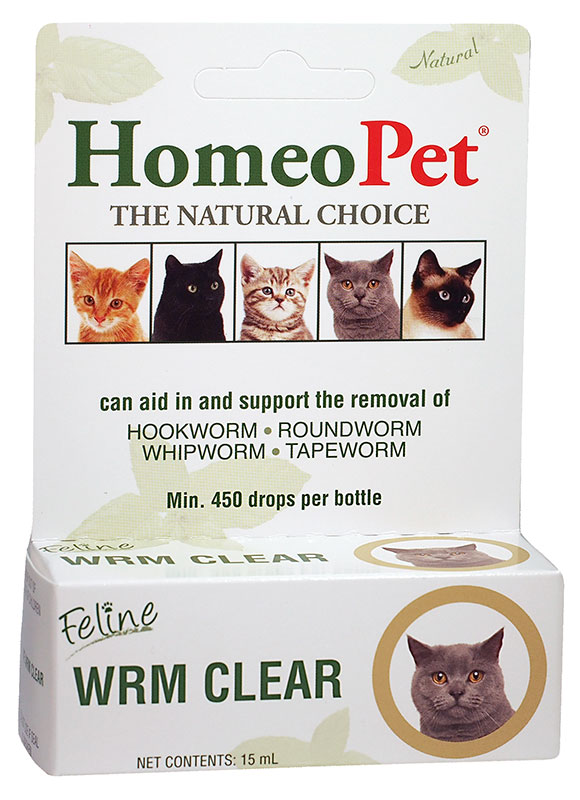

Ollulanus tricuspis (found in the stomach).

Other gastro-intestinal roundworms that may infect cats in various parts of the world include: However, to determine if a cat is actually infected with worms, a faeces sample can be collected and examined in the laboratory to look for the presence of the worm eggs. In most cases, regular routine treatment for roundworms is recommended throughout a cat’s life. This is a very common route of infection and we should assume that every kitten will be infected with Toxocara cati as a result. This usually causes no harm, but when a female cat becomes pregnant, these larvae migrate to the mammary glands and are excreted in the milk she produces for the kittens. Whenever a cat is infected with roundworms, some immature forms (larvae) remain dormant in tissues in the body. Toxocara cati is also passed from queens (mother cats) to kittens through the milk she produces. Second, if another animal eats the eggs (eg, a mouse or rat), these can act as ‘intermediate hosts’ and pass on the infection to a cat if it preys on (and eats) the infected intermediate host. First, a cat may eat (ingest) eggs directly from a contaminated environment. These eggs can infect other cats in two ways. Eggs from these worms are passed in the faeces and can remain viable in the environment for several years. The two common roundworms of cats are called, Toxocara cati and Toxascaris leonina. Intestinal roundworms are the most common intestinal parasites in cats and occur in cats of all ages throughout the world. For these reasons, regular treatment of cats and kittens to prevent or eliminate worms is very important. Importantly, while worms can sometimes cause problems for the cat itself, some worms can also be passed on to humans and on rare occasions can be a cause of serious human disease.

Most infected cats do not show signs of having worms however, heavy burdens of worms can cause weight loss, vomiting and diarrhoea, irritation around the anus and failure to thrive. The most common intestinal worms cats get are called roundworms and tapeworms.


 0 kommentar(er)
0 kommentar(er)
